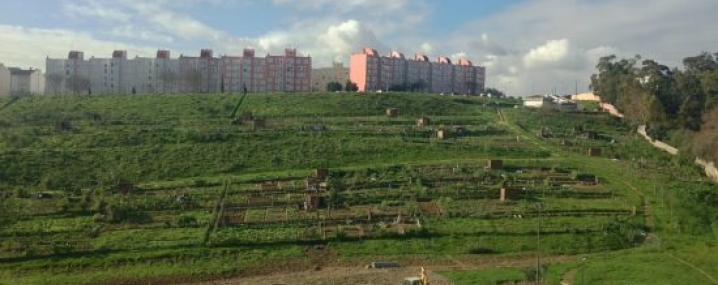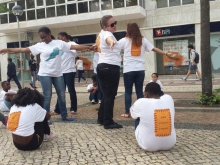Portugal
- Urban characterisation
Portugal has more than 40% of its population concentrated in its 2 metropolitan areas: Lisbon, with 2.8 million inhabitants, and Oporto, with 1.7 million inhabitants. Furthermore, there are a few medium cities, with more than 50,000 inhabitants: Braga, Guimarães, Aveiro, Coimbra, Leiria and Viseu. With the exception of Viseu, all these urban areas are located near the coast line, designing a range with a 400 km length, in the mainland west coast. A myriad of about fifty cities or villages between 10,000 and 50,000 inhabitants complete the main urban system. The urban population in the Azores and Madeira islands are not expressive, with the exception of the city of Funchal, with more than 100,000 inhabitants. In total, the population living in the metropolitan areas and others cities or villages above 10,000 inhabitants corresponds to 59% of the total population of the country.
- Urban planning challenges and main policies
The Portuguese Spatial Planning System is constituted by a network of different levels of plans. In the top of its hierarchy stands the national level plan PNPOT (National Spatial Development Policies Programme), approved by the Parliament in 2007. It identifies 24 main challenges for the Portuguese territorial development, including “disorderly growth of metropolitan and other urban areas, invading and fragmenting open spaces, affecting their ecological, scenic and productive quality and potential, and affecting the development of infrastructure and the provision of public services” and a specific goal “to promote a more compact and polycentric urban system in mainland Portugal, to avoid urban sprawl, to structure diffuse urbanisation and to promote the reinforcement of intra-urban centralities.”
SOME RELATED NETWORKS
NeT-TOPIC
Diet for a Green Planet
ACCESS
National URBACT Points
Article
2019 URBACT Highlights
Article
High tech Aveiro’s new Citizen Card makes life easier
Article
Five ways to promote an integrated approach in your city
Article
Improving children’s education for a sustainable urban future
Article







